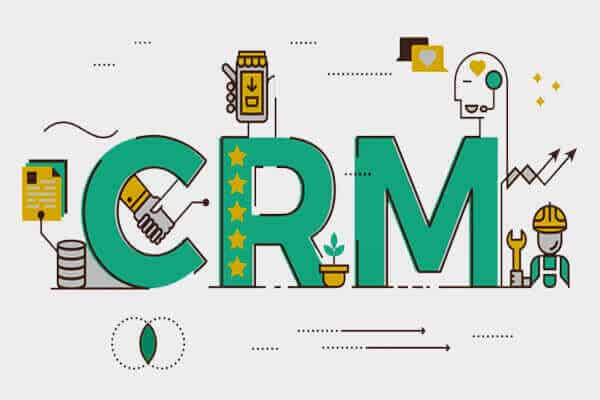
Quick Tips
Understanding Roles: CRM Developer vs CRM Consultant
Author: congruentX
In the world of Customer Relationship Management (CRM), two key roles play a crucial part in the successful implementation and utilization of CRM software: CRM developers and CRM consultants. While their titles may sound similar, these roles have distinct responsibilities and skill sets. In this blog post, we will delve into the roles of CRM developers and CRM consultants, exploring their differences, responsibilities, and how they contribute to the effective utilization of CRM software. Understanding these roles is essential for businesses seeking to optimize their CRM investments and improve customer relationships.
Let’s get one thing clear in the very beginning : A CRM developer and a CRM consultant are not the same people and the difference between the two roles are even more striking. For instance a dynamics CRM consultant is an expert who provides clients with CRM software consulting services, while a CRM developer works on designing and developing the software for a specific purpose with little or zero involvement with the concerned client.
Are you on the verge of investing in a hiring CRM software consulting company? Then finding out this distinction becomes even more important for you, especially if you have multi-geography teams and a scope for broader implementation.
A CRM Consultant’s Responsibilities:
As mentioned before a CRM consultant helps his clients strategize how to gain, retain and eventually grow their client base. CRM consultants guide their clients in their journey of smooth CRM implementation. A typical CRM consultant’s responsibilities include,
- To identify areas where an organization can improve the quality of customer services through introducing a new CRM software or training employees on best customer support practices.
- To use their excellent communication skills and effectively exchange ideas with the management and employees of the concerned organization.
- To research, gather data and provide excellent software recommendations to clients, making them extremely proficient with technology.
- The entire purpose of a CRM consultant’s advice is to improve the quality of customer experience making response to customer needs an important part of their job description.
Handling a variety of complex tasks ris no easy job, especially for a dynamics CRM consultant. These consultants are critical thinkers who are also extremely organized with great communication skills.
A CRM Developer’s Responsibilities:
As mentioned earlier, CRM developers work on a broader spectrum under which include a lot of designing and development work but with little or zero involvement from the clients. A basic hands-on job dealing with the technical side of things, a CRM developer maintains code quality, fixes bugs so that the least number of bugs are introduced in the concerned project, and even helps with unit testing.
Whereas a CRM consultant simply provides the best possible solution to any problem related to client relationship management, a CRM developer needs more than just a great background in CRM but should also possess expert-level skills in unit testing frameworks. In short, a CRM developer is the coding and programming genius responsible for collecting data on customers for different companies.
Benefits of Hiring CRM Developers and CRM Consultants:
Hiring CRM developers and CRM consultants brings numerous benefits to organizations. By engaging CRM developers, businesses can leverage their technical expertise to build customized CRM solutions that meet their unique requirements. These developers have a deep understanding of CRM platforms, programming languages, and database management, enabling them to create tailored functionalities, integrate third-party applications, and ensure seamless data flow between systems. Their ability to troubleshoot technical issues and optimize performance contributes to a robust and efficient CRM system.
On the other hand, CRM consultants provide strategic guidance that aligns CRM implementation with business objectives. Their expertise in CRM best practices, industry trends, and customer engagement strategies helps organizations develop effective CRM strategies. By leveraging their knowledge, businesses can streamline processes, enhance customer interactions, and improve overall organizational efficiency. CRM consultants play a pivotal role in change management, facilitating user adoption and ensuring that the CRM system becomes an integral part of the organization’s culture. They provide training and ongoing support to maximize user engagement and ROI.
Summing Up:
As a CRM developer for a top CRM software consulting company, these experts are known for their special skills like their knowledge of various CRM programming languages, advanced platforms, system integration, fixing bugs, and even data modelling. Similarly, a good CRM consultant will help you strategize for sales, marketing, customer support and at the same time will help you receive a high return of investment in the whole process. Both CRM consultants and developers do much more than gather data and help you with customer support activities. These experts help you pick the right problem-solving solutions, improving the quality of your relationship with your clients, in the process.